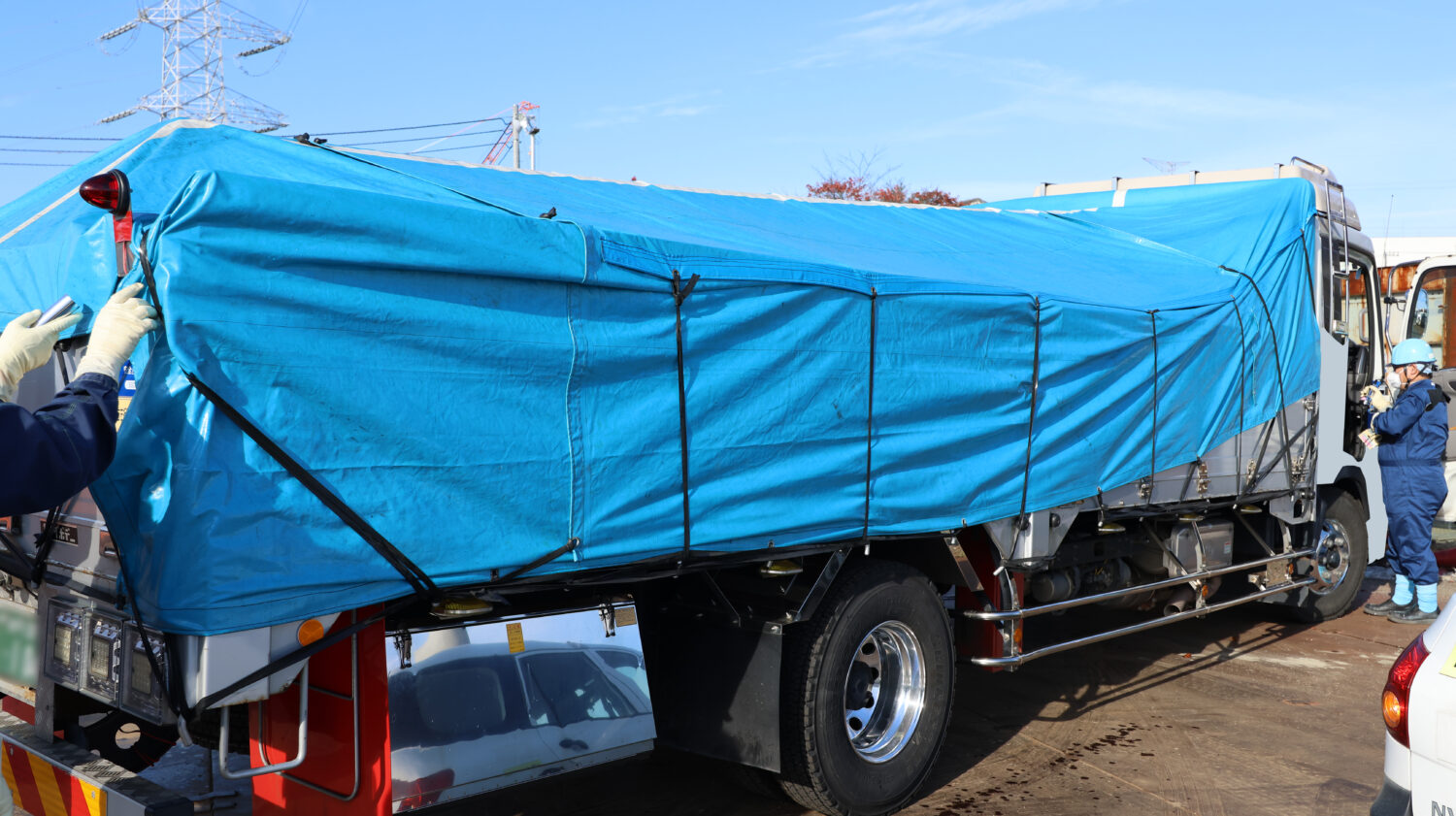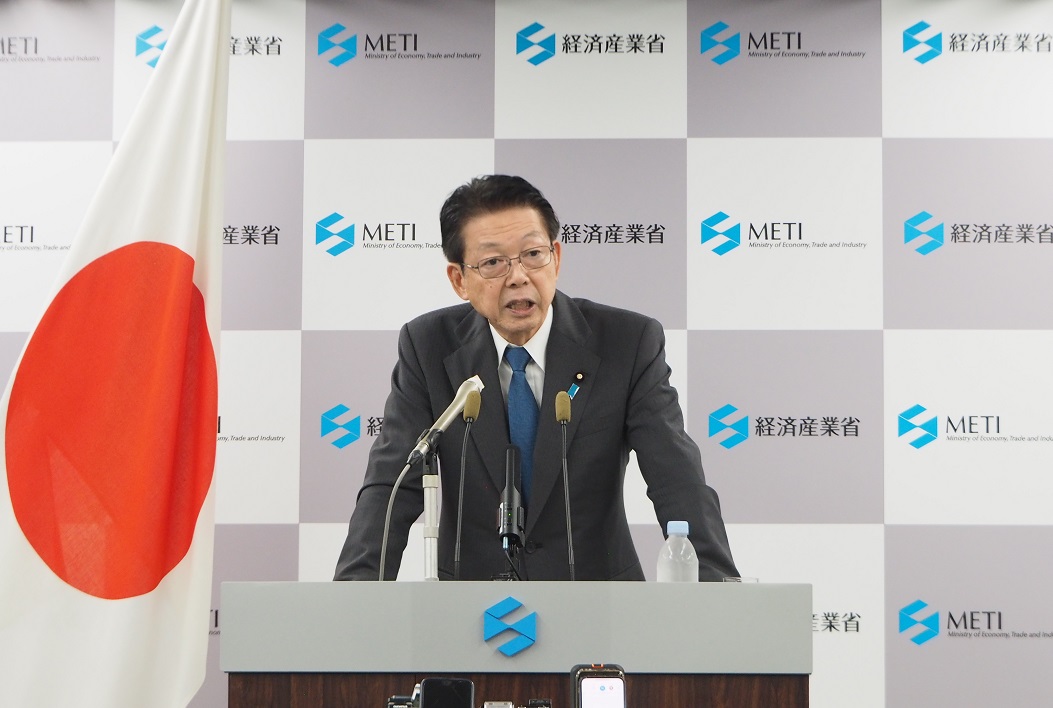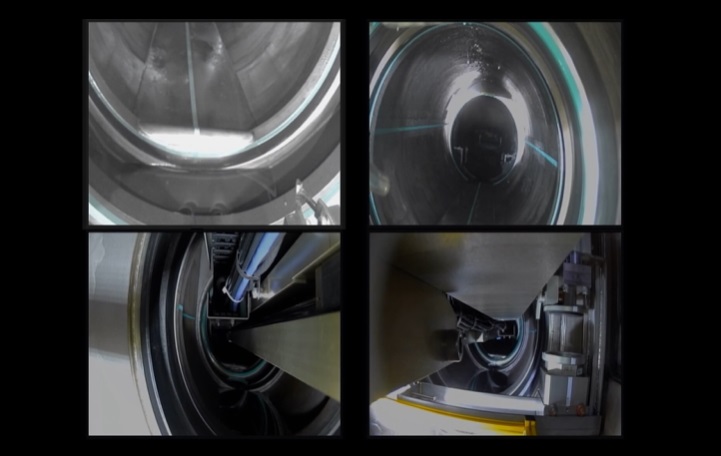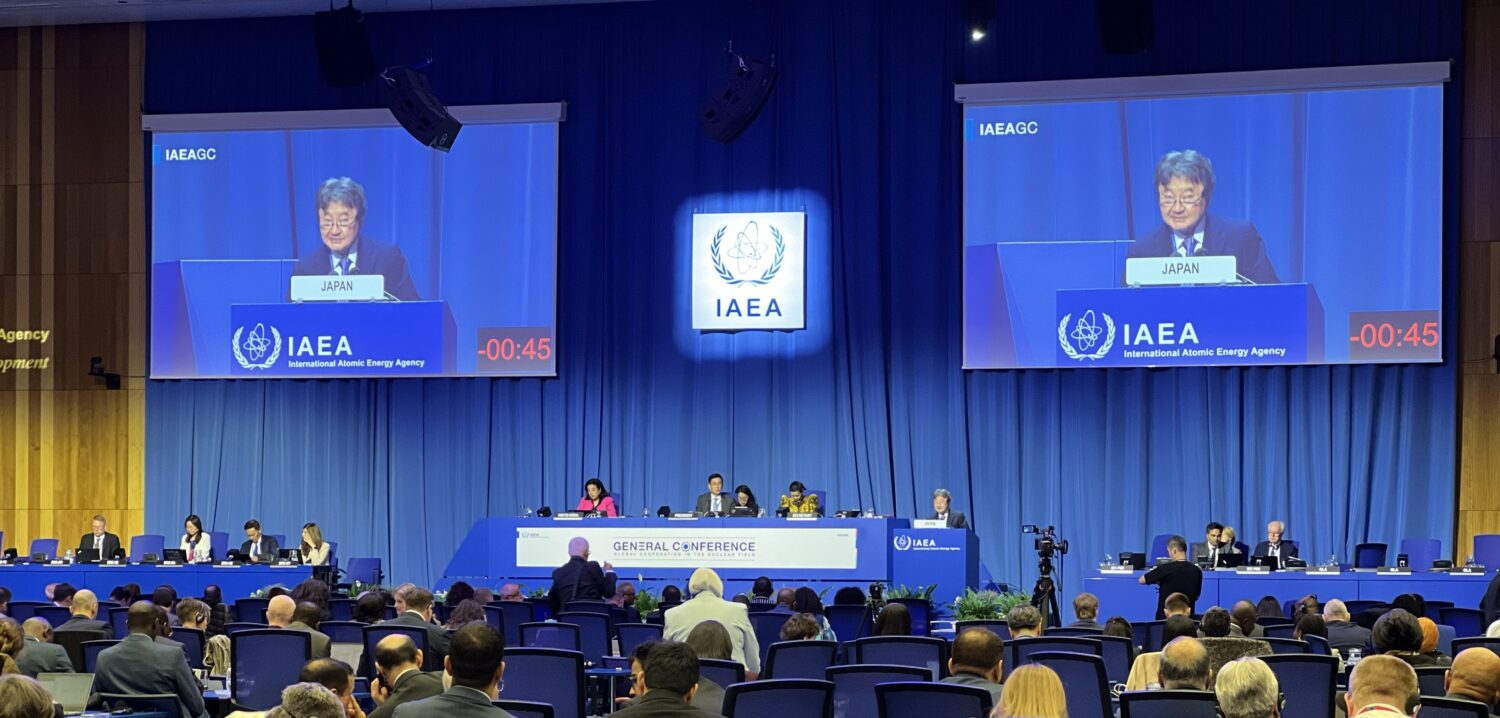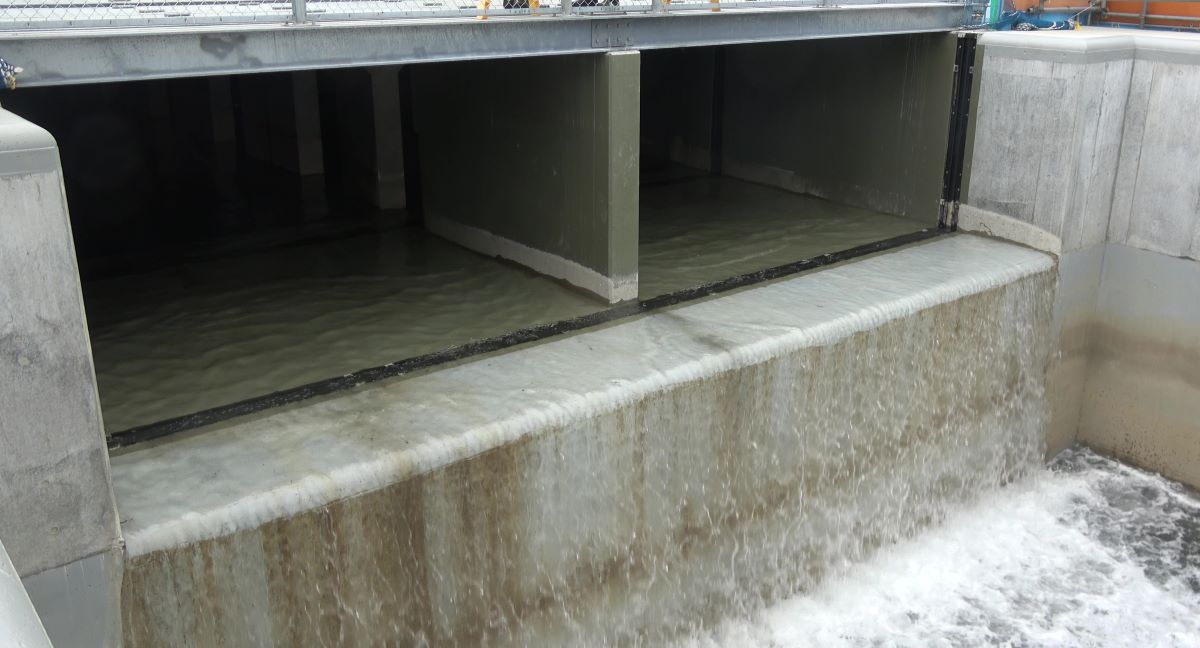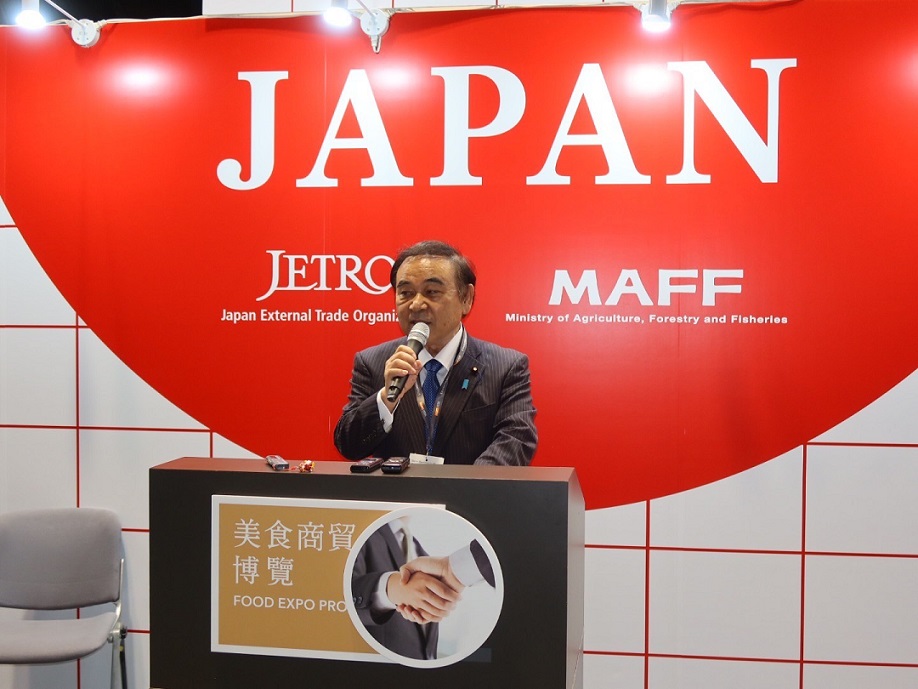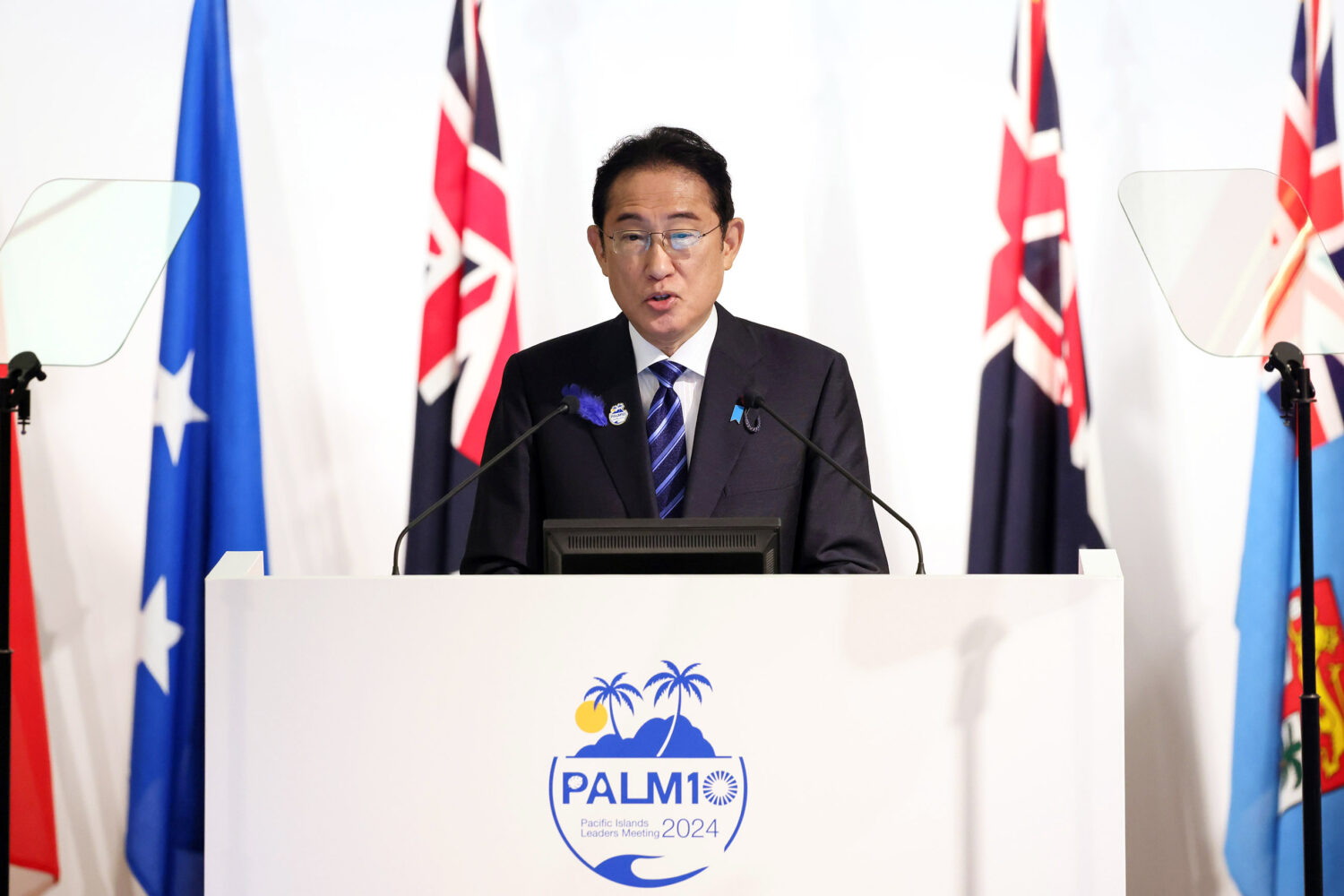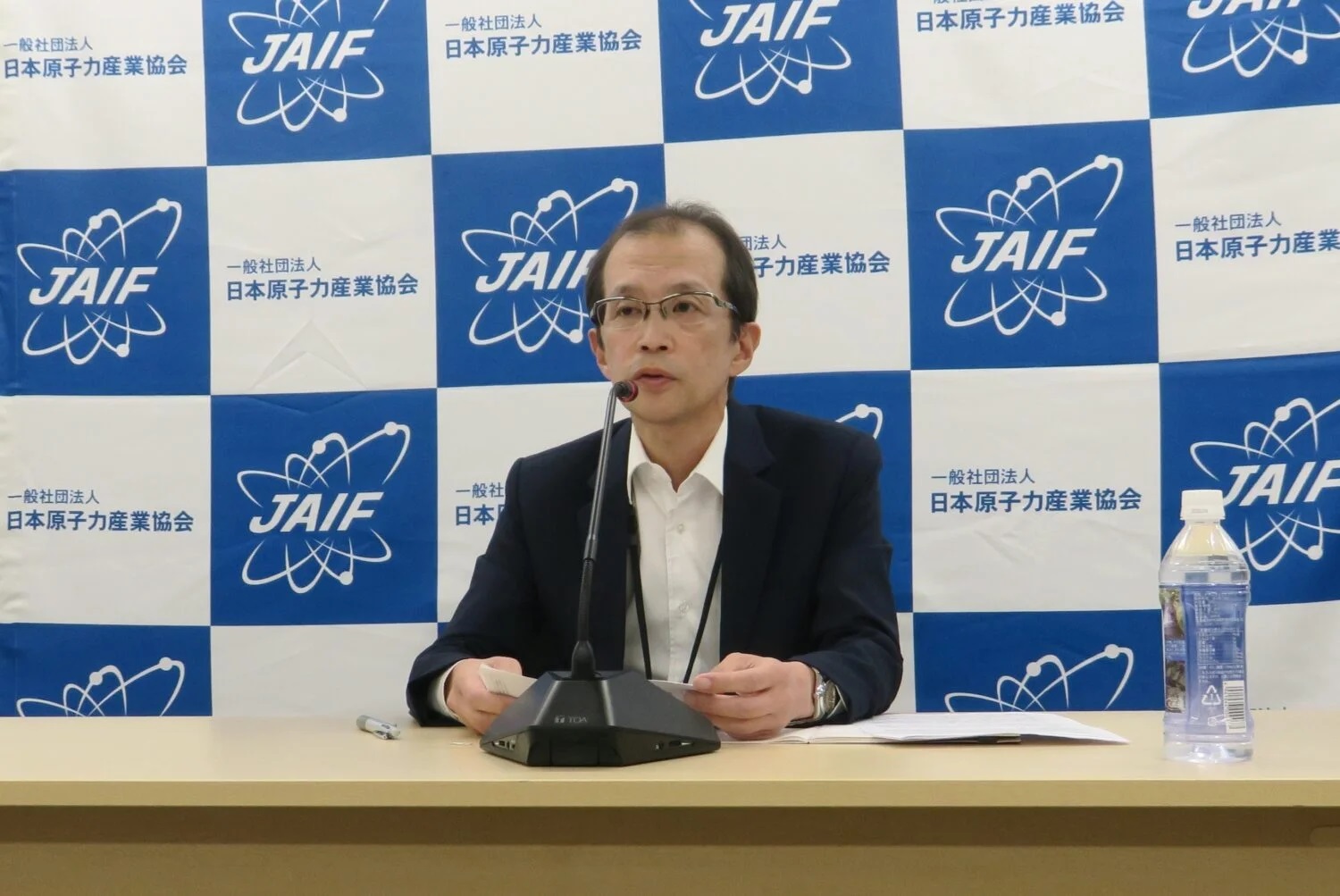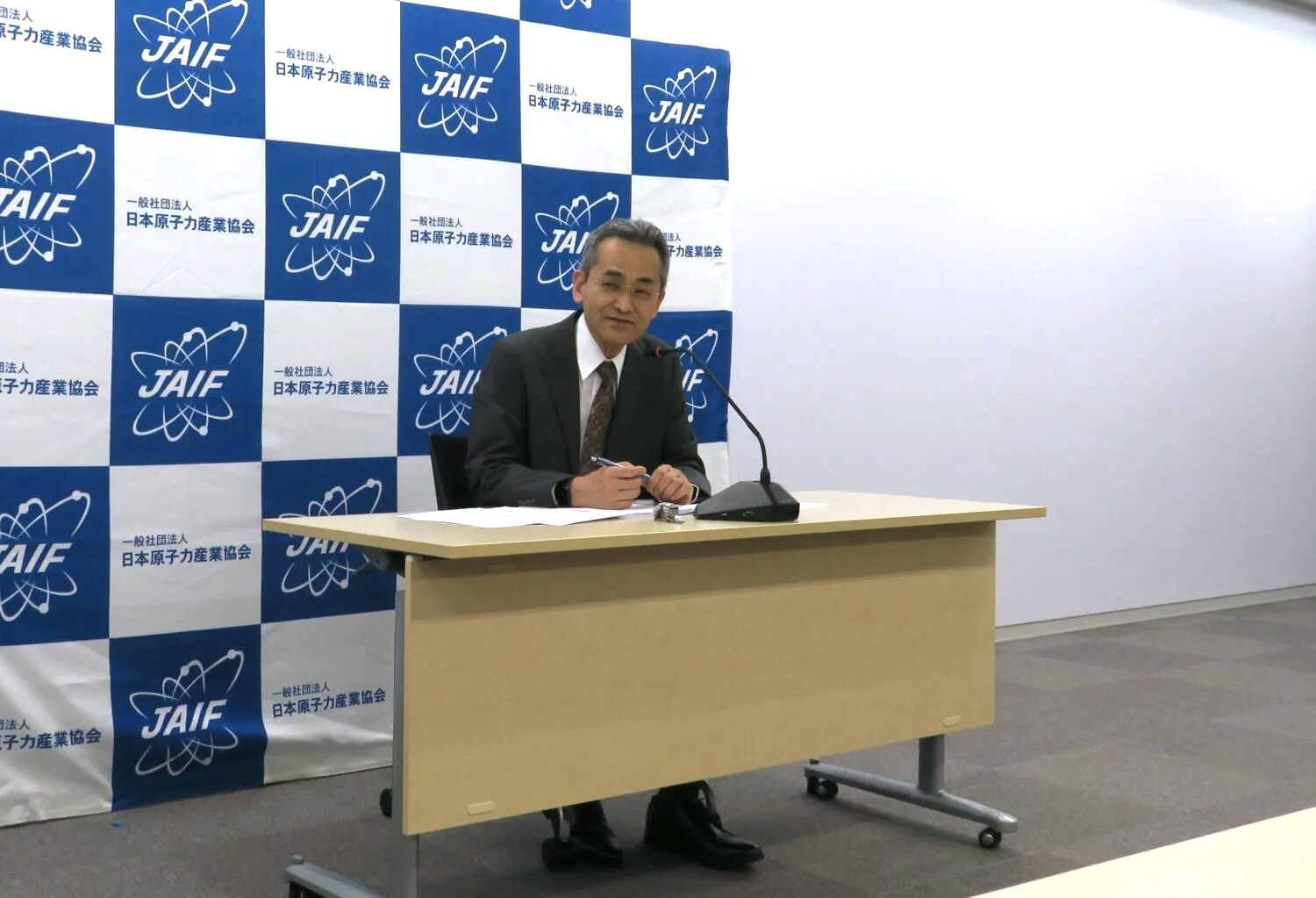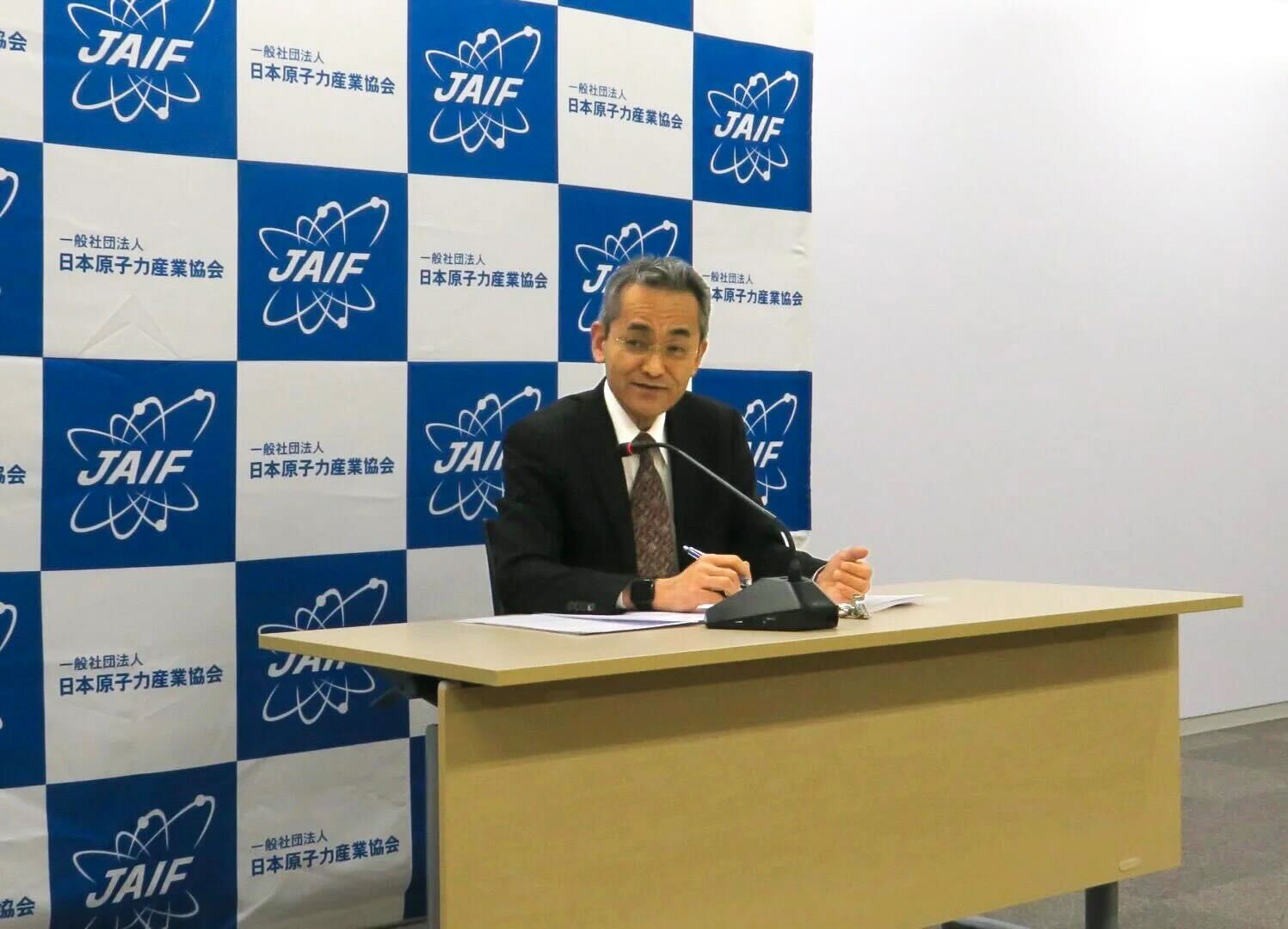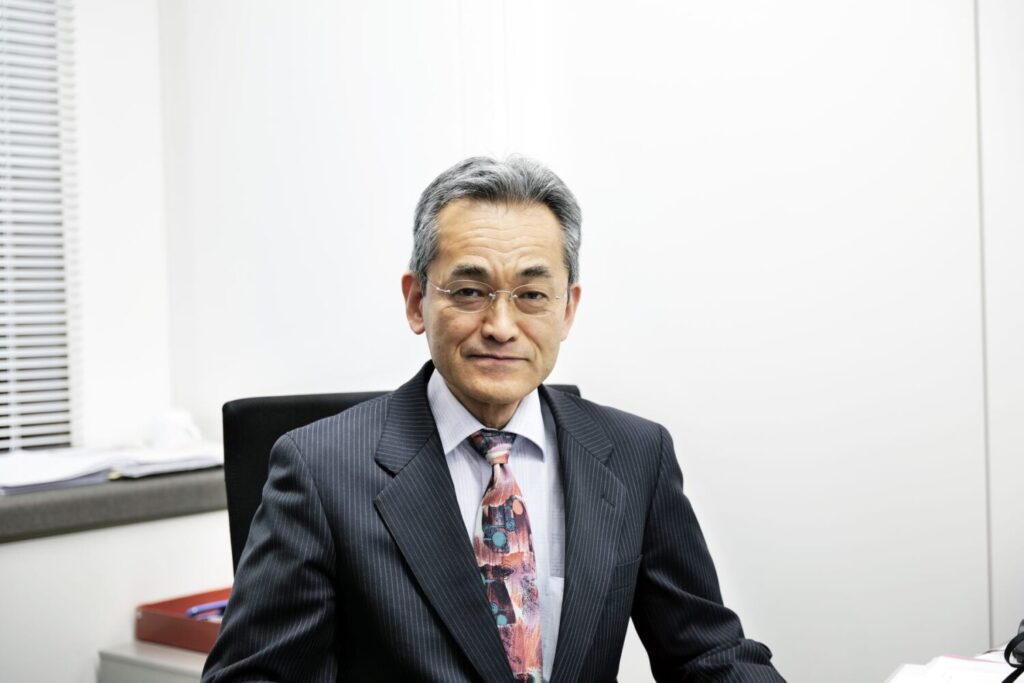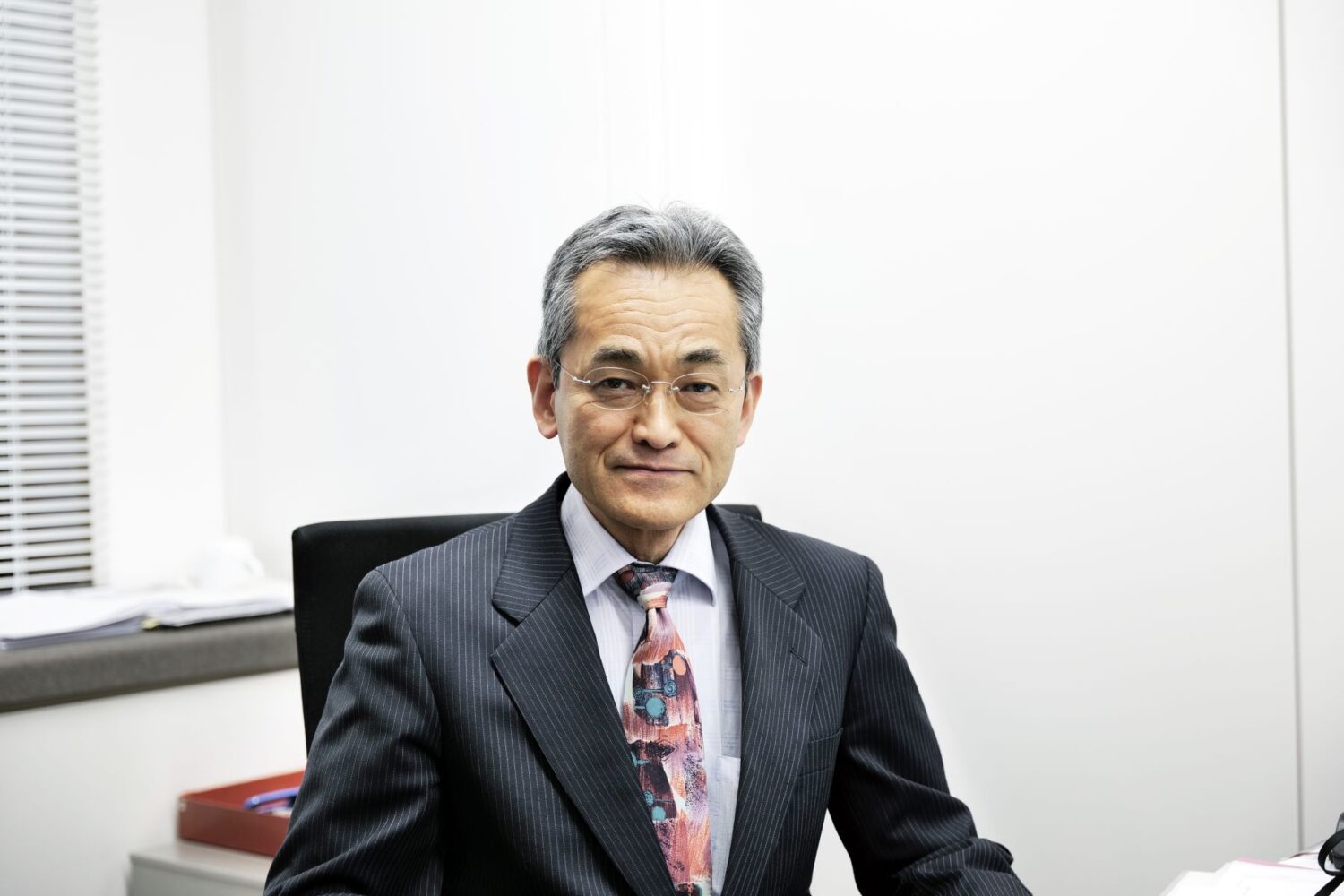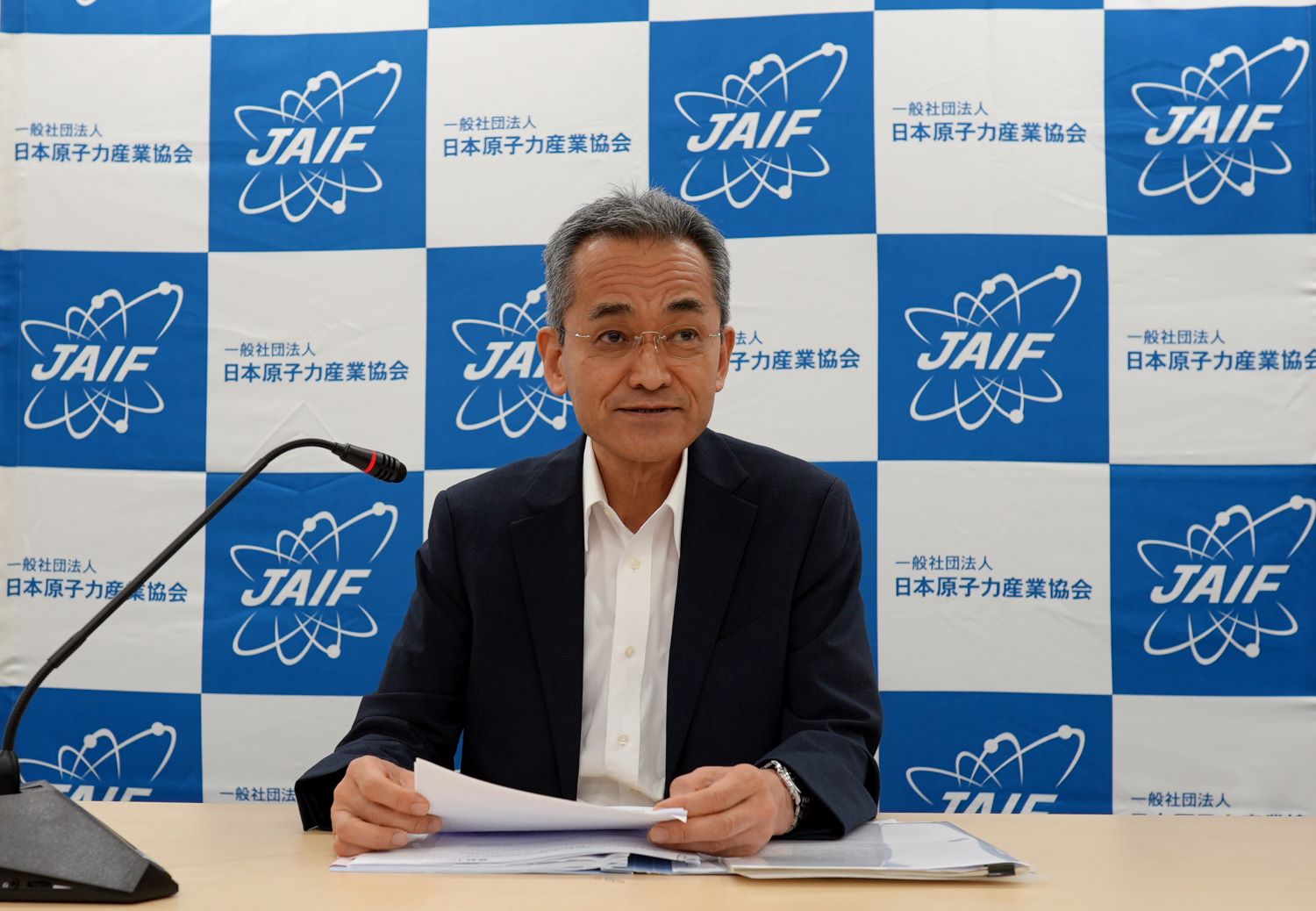Expert meetings at the Japanese government had addressed five options—including offshore release, geosphere injection and release to the atmosphere—and had concluded that offshore release was the most practical in respect of predictable diffusion and ease of monitoring the marine environment after release.
In April 2021, the government selected release into the sea as its basic policy, premised on meeting regulatory standards and a thorough carrying out of measures to counter and minimize the effects of unfounded fears, rumors and misinformation.
At the end of the same year, TEPCO filed its implementation plan with the NRA. In the plan, the ALPS-treated water will be diluted with seawater to bring the tritium concentration to less than one-fortieth the limit for tritium under Japanese regulatory standards, 60,000 Bq/liter, and released 1 kilometer offshore through an undersea tunnel. The company will complete the dilution process and construction of a discharge facility in anticipation of beginning the discharge some two years after the decision by the government.
The NRA had examined the matter extensively through 13 meetings, and the International Atomic Energy Agency (IAEA) had verified the NRA’s process, releasing its own report deeming the plan reasonable.
ALPS-treated water is water from which most radioactive substances other than tritium have been removed. Tritium itself is present in water all around us. It is created every day by the interaction of atmospheric gases and cosmic rays, and is found in rainwater, rivers and tap water.
As mentioned above, the ALPS-treated water will be diluted with huge volumes of seawater before its release so that the tritium concentration will be less than one-fortieth the limit under Japanese regulatory standards. Effects on the environment will be substantially lower than the upper limit provided by the regulatory authority, and this is clearly stated in the IAEA’s report.
The IAEA task force was joined by many experts with international experience, selected from all over the world. Examinations were and are being carried out, scientifically grounded and with transparency. With the continued cooperation of the IAEA, the government will strengthen and expand monitoring of seawater and marine products.
Which is to say, the plan was approved by the regulatory authority, supported by objective inspections by an authoritative global organization. That is important in informing and assuring the public.
I expect TEPCO to carry out the work safely, with certainty, toward the full implementation of the plan. I also ask it, the operator, as well as the government to continue thorough explanations, in an easy-to-understand manner, of responses to environmental impacts. I want them to generate understanding, internationally and domestically, on the issues, and to eliminate concerns so as to prevent adverse effects from fears and misinformation.
We at JAIF will endeavor to provide accurate information and promote understanding.
ARAI Shiro, President, JAIF




